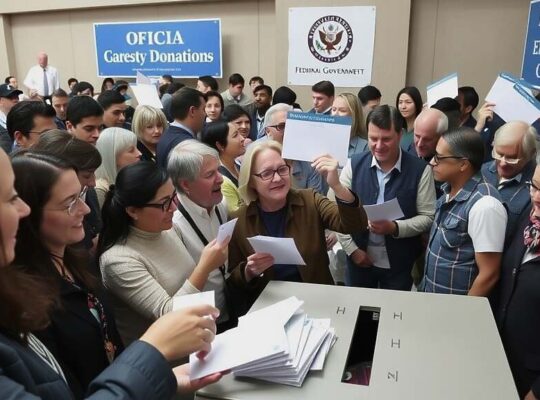The German Police Union (GdP) is lobbying for a significant expansion of federal police powers, specifically advocating for suspicion-independent checks at major railway stations. Union officials argue that declining respect for law enforcement officers, particularly in urban hubs, necessitates a fundamental shift in operational capabilities. Alexander Roßkopf, head of the GdP’s federal police division, emphasized the need for a “basic authority to carry out checks, always observing proportionality” as a crucial step to restore order and enhance security.
The call for broadened powers comes amidst a contentious debate surrounding unchecked police authority and its potential for discriminatory practices. A recent study by the EU Agency for Fundamental Rights highlighted a stark racial bias in police stops, revealing individuals perceived as foreign are subjected to checks more than twice as frequently compared to those not identified as such. Critics warn that suspicion-independent checks risk exacerbating existing inequalities and disproportionately impacting minority communities.
The GdP’s proposal aligns with earlier calls from Bavarian Minister President Markus Söder (CSU), who has urged a significant increase in the federal police presence at train stations nationwide. Roßkopf estimates a shortfall of 3,000 to 4,000 officers is currently hindering effective policing of these key transit areas. He framed increased security measures as not only boosting public safety but also contributing to a more positive and orderly urban environment.
The proposed legislative changes within the Federal Police Act are already generating political friction, forcing policymakers to navigate the competing demands of enhanced security and the safeguarding of fundamental rights. The debate highlights a broader tension within German society: how to balance proactive policing measures with the imperative to avoid discriminatory practices and preserve the principles of proportionality and justice.












